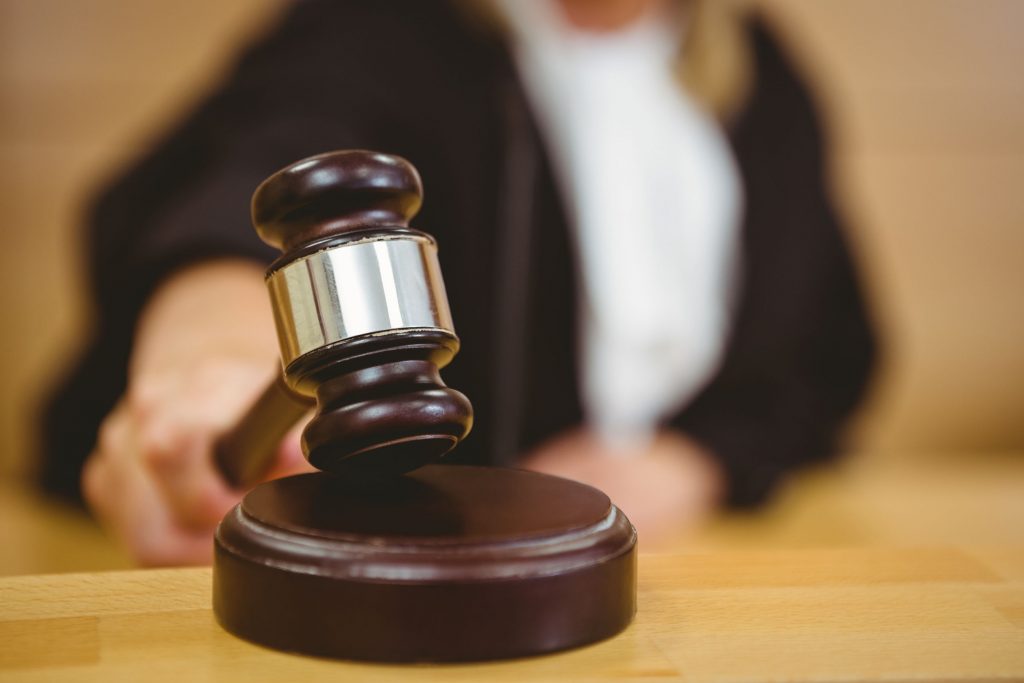
We’ve seen them. Trial in movies or tv shows where one of the parties produces a surprise witness or evidence. Such surprises make for an exciting movie or tv show but is not realistic. In real life trials, surprises are disfavored. Any new evidence not previously disclosed to other parties will likely be excluded. In litigation, discovery is the process during which the parties disclose the evidence they intend to use at trial.
While movies and tv shows usually focus on trials, the bulk of personal injury lawsuits is spent in discovery. In Nevada, discovery begins soon after a defendant files an answer. It begins with the mandatory exchange of witnesses and documents. Rule 16.1(a) of the Nevada Rules of Civil Procedure list the items that must be disclosed at this early stage.
Rule 16.1. Mandatory Pretrial Discovery Requirements
(a) Required Disclosures.
(1) Initial Disclosure.
(A) In General. Except as exempted by Rule 16.1(a)(1)(B) or as otherwise stipulated or ordered by the court, a party must, without awaiting a discovery request, provide to the other parties:
(i) the name and, if known, the address and telephone number of each individual likely to have information discoverable under Rule 26(b), including for impeachment or rebuttal, identifying the subjects of the information;
(ii) a copy — or a description by category and location — of all documents, electronically stored information, and tangible things that the disclosing party has in its possession, custody, or control and may use to support its claims or defenses, including for impeachment or rebuttal, and, unless privileged or protected from disclosure, any record, report, or witness statement, in any form, concerning the incident that gives rise to the lawsuit;
(iii) when personal injury is in issue, the identity of each relevant medical provider so that the opposing party may prepare an appropriate medical authorization for signature to obtain medical records from each provider;
(iv) a computation of each category of damages claimed by the disclosing party — who must make available for inspection and copying as under Rule 34 the documents or other evidentiary material, unless privileged or protected from disclosure, on which each computation is based, including materials bearing on the nature and extent of injuries suffered; and
(v) for inspection and copying as under Rule 34, any insurance agreement under which an insurance business may be liable to satisfy all or part of a possible judgment in the action or to indemnify or reimburse for payments made to satisfy the judgment and any disclaimer or limitation of coverage or reservation of rights under any such insurance agreement.
The list of items that must be disclosed include:
- The names and contact information of people who likely have relevant information
- A copy of documents relevant to the case
- In Las Vegas personal injury cases, the names of health care providers that treated the plaintiff for injuries or pre-existing conditions relevant to the case
- If there is an insurance policy that would cover all or part of the damages claimed, then the insurance policy. In a car accident, this means the defendant must disclose their car insurance policy.
- An itemization of the damages claimed by the party. In personal injury cases, this means the medical bills a plaintiff has incurred or will incur in the future, lost wages or income, and any other out-of-pocket expenses
A party in a lawsuit has a continuing duty to disclose the above items as the litigation continues. A party who fails to disclose these items can face a motion to compel from the other side. In a motion to compel, the other party asks the court to force the non-responding party to disclose the required items or information. If the non-responding party fails to do so, the court can sanction the non-responding party. Sanctions could be a monetary fine; the non-responding party could be required to pay the other party’s attorney’s fees and costs. The court could preclude the non-responding party from relying on any undisclosed information, witness, or evidence. The court could also dismiss part of all of the non-responding party’s claims or defenses. The worst sanction for a plaintiff would be dismissal of the entire case.
After the initial disclosure of witnesses and documents, the parties have several tools under the Nevada Rules of Civil Procedure to obtain relevant information and items. These include
- Interrogatories (NRCP Rule 33)
- Requests for Production of Documents (NRCP Rule 34)
- Requests for Admissions (NRCP Rule 36)
- Depositions (NRCP Rule 30)
- Site Inspections (NRCP Rule 34)
- Independent Medical Examination (NRCP Rule 35)
- Subpoenas (NRCP Rule 45)
Of the above, only depositions and subpoenas can be used to obtain documents and information from people who are not parties to the lawsuit.
The above mechanisms are the only ones mentioned in the Nevada Rules of Civil Procedure. However, there are informal means to conduct discovery. Parties can still hire investigators or do their own online research. In personal injury lawsuits, insurance companies may hire an investigator to conduct a surveillance of an accident victim. With social media, insurance companies sometimes do not need to do surveillance.
Regardless of the means a party to a lawsuit obtains relevant documents and other evidence, the party must generally disclose those materials before trial or risk not being able to use them at trial.
If you or a loved one are facing a lawsuit for injuries you sustained as a result of a car accident in Las Vegas, the experienced trial attorneys at D.R. Patti & Associates can assist you. With a combined total of 50+ years of experience, the Las Vegas car accident attorneys of D.R. Patti & Associates can advise and guide you through the process and obtain the best results possible.
